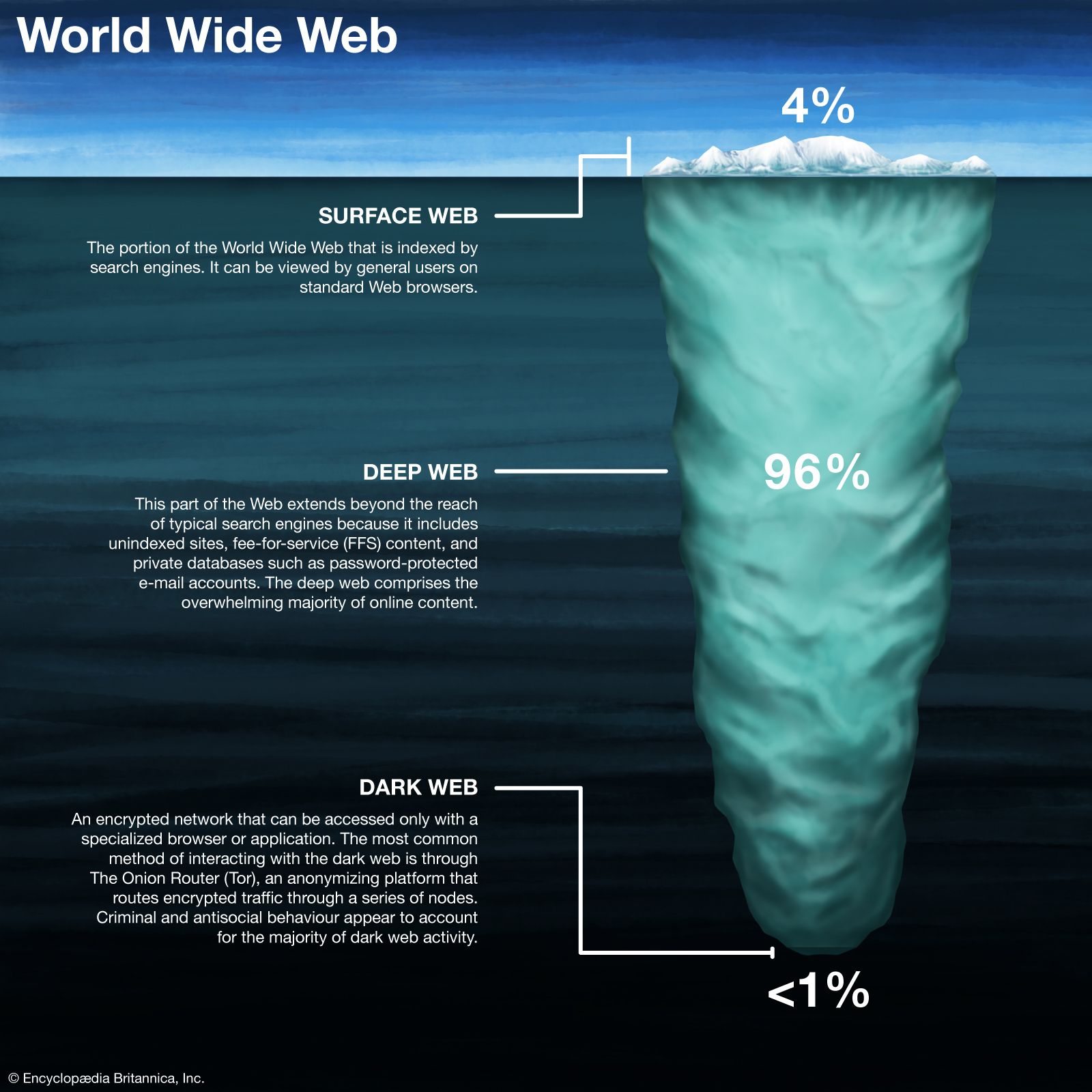Understanding 'Search Engine Dark'
The term "search engine dark" primarily refers to search engines designed to index content on the dark web, a segment of the internet not accessible via standard web browsers or search engines and requiring specific software like Tor. It can also, by extension, allude to privacy-respecting search engines that operate with a focus on user anonymity, contrasting with mainstream, data-collecting alternatives.
Dark Web Search Engines
These specialized tools attempt to catalogue and provide access to resources on networks like Tor (.onion sites). They operate under significantly different conditions than surface web search engines:
- Content Volatility: Sites on the dark web frequently appear, change addresses, or disappear, making comprehensive and up-to-date indexing a persistent challenge.
- Accessibility Barriers: Accessing these search engines and the content they index typically requires specialized browsers configured for anonymity networks.
- Nature of Content: The dark web hosts a wide spectrum of content, from legitimate privacy-advocacy forums to illicit marketplaces. Users must exercise extreme caution and be aware of legal and ethical implications.
- Indexing Limitations: Due to the decentralized, ephemeral, and often intentionally hidden nature of dark web content, no single search engine can achieve complete coverage. Results are often less reliable or comprehensive.
Key considerations when discussing dark web search engines include their operational focus on anonymity networks and the inherent risks associated with the content they might surface.

Privacy-Focused Search Engines (Surface Web)
Distinct from dark web search engines, privacy-focused search engines operate on the publicly accessible surface web. Their "dark" characteristic relates to their operational model of obscuring user data rather than accessing hidden networks. Core features include:
- No User Tracking: They typically do not log user IP addresses, search queries, or browsing behavior for profiling.
- Non-Personalized Results: Search outcomes are generally not tailored to individual user histories, aiming for more objective and unfiltered information.
- Data Protection by Design: Their business models usually avoid reliance on collecting and selling personal user data to advertisers.
These are preferred by users seeking to minimize their digital footprint and avoid algorithmic filter bubbles.
Distinguishing from the Deep Web
It is crucial to differentiate the dark web from the deep web. The deep web encompasses all internet content not indexed by standard search engines. This includes vast amounts of benign and legitimate content such as online banking portals, private corporate intranets, academic databases, and cloud storage. The dark web is a small, intentionally obscured portion of the deep web, specifically designed for anonymity and requiring special tools to access.









